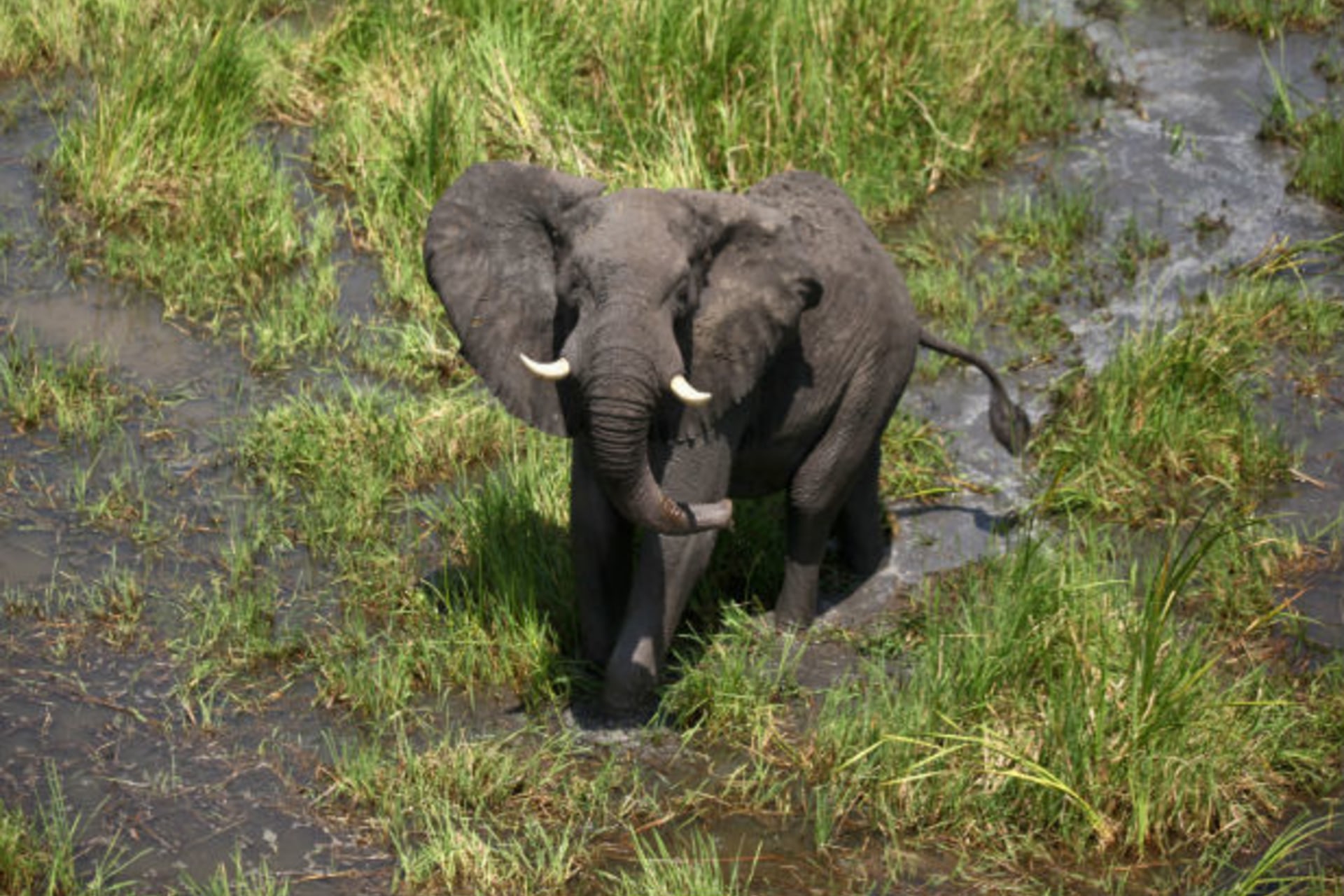Tracking the Traffickers: The Need for Better Data

By experts and staff
- Published
By
- Guest Blogger for John Campbell
This is a guest post by Allen Grane, research associate for the Council on Foreign Relations Africa Studies program.
In early 2014, an organization known as Elephants Without Borders began a project known as the Great Elephant Census. It is a massive undertaking that requires the coordination of many African governments, NGOs, and even USAID. The project will take place in twenty-two countries, ranging from Kenya to South Africa, that together represent over 95 percent of African savannah elephant territory. By the end of the survey 46 scientists will have logged over 18,000 flight hours in order to survey the elephant populations by air. The projects findings will be published in 2015.
In Mozambique, one of the countries where the census is being undertaken, Elephants Without Borders has partnered with the Wildlife Conservation Society (WCS) in under to conduct the census. The need for the survey in Mozambique is great. The Mozambican Civil War and poaching have caused animal populations to decline drastically. The last survey of Mozambique’s elephant population was conducted in 2008 and estimated that there were 22,000 elephants in the country. As of 2011, 12,000 of them were located in the Niassa National Reserve (a reserve nearly five times the size of Yellowstone National Park). However, these numbers do not account for the four thousand elephants killed since 2010 (over five hundred have been killed in 2014 alone) and estimates that two elephants are killed by poachers in northern Mozambique every day.
In a rare case of good news, members of the Mozambique police and scouts from WCS were able to locate and arrest six such poachers in early September. Four of the poachers were Tanzanian, reflecting the international nature of poaching. Under a law passed in April 2014 these poachers face up to twelve years in jail. However, on October 27 two of the poaching suspects, Paulo Nyenje and Antonio Bernardo, were able to break out of their holding cell at Mecula police station in Niassa National Reserve. It is currently unknown how the two suspects escaped.
All of this highlights the need for programs like the Great Elephant Census to be conducted regularly. It is estimated that poachers have killed over 100,000 elephants in the last three years alone. With this kind of population shift it is imperative that scientists obtain an accurate count of the remaining elephant populations in order to properly plan for national conservation programs. By utilizing equipment such as airplanes this program may also deter poachers on the ground. Another benefit of such surveys is that they may allow conservationist and governments to establish patterns of poacher behavior. If properly utilized this information may be used to stop poaching in the long term.